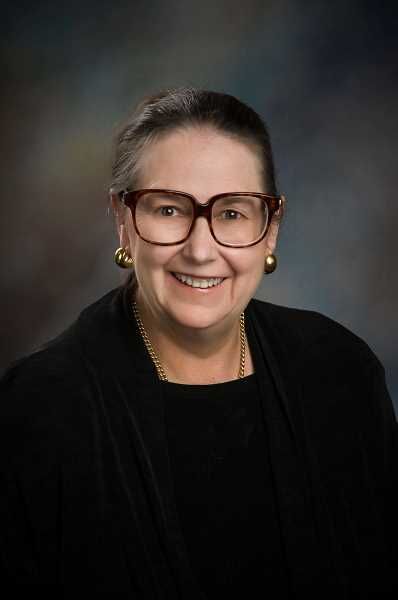Oregon legislators say summertime activities critical for kids
Published 12:00 am Tuesday, March 16, 2021

- Sen. Betsy Johnson
Oregon kids desperately need a chance to socialize and catch up on academic enrichment. That was the resounding message from Oregon legislative leaders who urged colleagues to approve a $250 million summer learning and childcare package as part of House Bill 5042, a budget reconciliation bill.
Trending
During a hearing of the Joint Ways & Means Subcommittee on Education Monday, March 15, Gov. Kate Brown, Senate President Peter Courtney and House Speaker Tina Kotek said Oregon’s kids need help returning to healthy, socially and emotionally enriching activities they’ve been missing out on due to the pandemic.
If approved, $250 million in state funds would be paired with $75 million in federal funds for schools and community organizations to bolster youth recreation activities, childcare and summer school opportunities.
As planned, about $90 million would be used for grants to school districts or partner organizations for activity programming. Another $72 million will help pay for summer school for high school seniors who have fallen behind to recover academic credits. Day camps or park programs would get a boost, with $40 million to fund summer activity grants. The funding package also includes $30 million in wraparound services for K-8 students and $13 million to allow early learning programs to continue through summer.
Trending
“The pandemic has changed all our lives. But few have had their lives upended in quite the same way as our children,” Gov. Kate Brown said Monday. “School is one of the central pillars of a child’s life. The last year has left Oregon kids cut off from friends, teachers and counselors; from sports and after-school activities; and from the social and emotional support that in-person schooling provides.”
The governor said a major goal of the funding package is to create summer activity programs for families who have historically faced barriers to access, including families of color.
“More of our kids are dealing with anxiety and depression,” Courtney said. “We’re trying to do something here, and we want our kids to have a chance to make up for credits. …This summer, we want them to go outside. We want them to have fun. We want them to learn. We need to support their mental and physical health.”
While the funding package’s sponsors were quick to point out the urgency of helping Oregon kids recover from the social and academic impacts of COVID-19, some say the package was developed without input from those who would be tasked with spending the funds.
“Although I and other education stakeholders are deeply grateful for any investment in students, I have been unable to figure out who, if anyone, in education was consulted on the Summer Learning and Child Care package,” said Lori Sattenspiel, legislative services director for the Oregon School Board Association. “Right now, schools have little guidance on the expected uses for this money outside the governor’s announcement and they might not get it for a while. Similar announcements in the past year had no district administration or school board input, creating a district ‘fire drill’ to start new or expand existing programs in a short amount of time.
(This) needs more fine-tuning.”
Others urged the state legislators to consider building flexibility into the spending plan.
Sen. Betsy Johnson, D-Scappoose, said rural areas like the ones in her district need more flexibility to be able to offer the programs the state has in mind.
“Many of my communities do not have a YMCA, a Boys & Girls Club or structured after school activities,” Sen. Johnson said, pointing to an out-of-service pool in St. Helens that needs roughly $150,000 in repair to get it operating again, and another aging pool in Nehalem.
Johnson suggested providing liability protection for organizations like privately-owned campgrounds, which could be used for summer programs but might have concerns about opening the spaces up to a broad slice of the public.
The senator also pointed to several unknown operational logistics and warned fellow lawmakers about using one-time money to create new programs that are “unsustainable over the long haul.”
Colt Gill, director of the Oregon Department of Education, said the funding package would provide grants to districts that would pay for about 75% of the program costs, with the district chipping in to cover the rest of the cost. Gill said under the program, ODE would provide $93.7 million for districts to use for extracurricular classes or activities for kindergarten through eighth-grade students.
“This program takes a really holistic approach to serving Oregon’s children, youth and their families. During this time, it spans early childhood and school-aged children and members of their families,” Gill said.
The Joint Ways and Means Subcommittee on Capital Construction is slated to discuss a budget rebalance Wednesday morning, March 17, with the full Joint Committee on Ways and Means meeting Friday to consider the rebalance bill.







